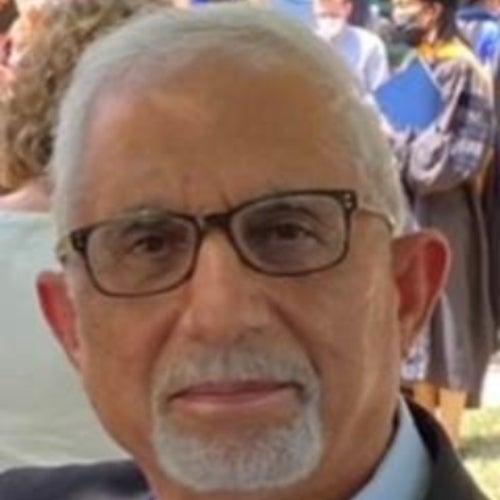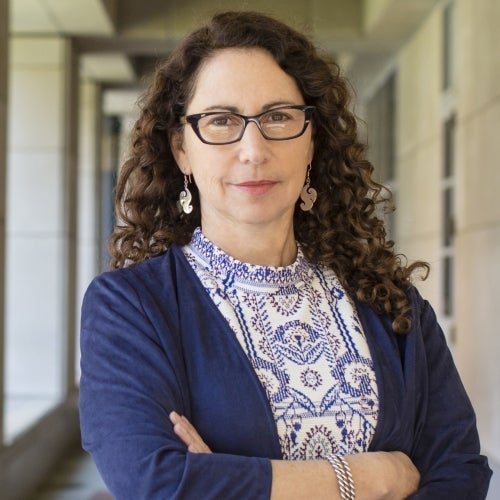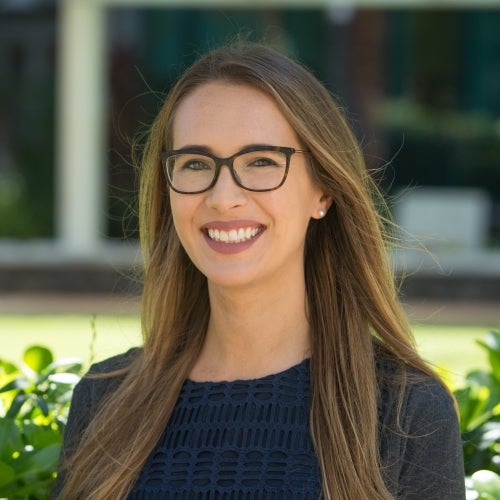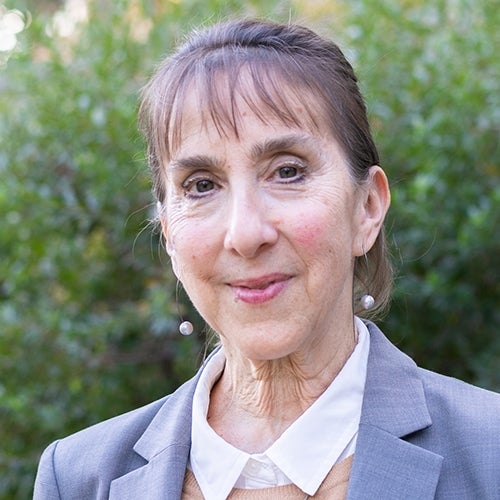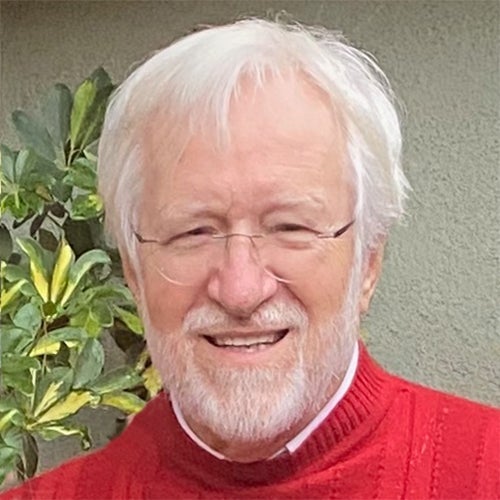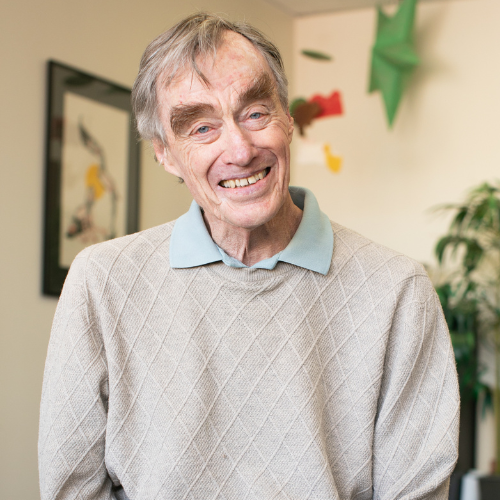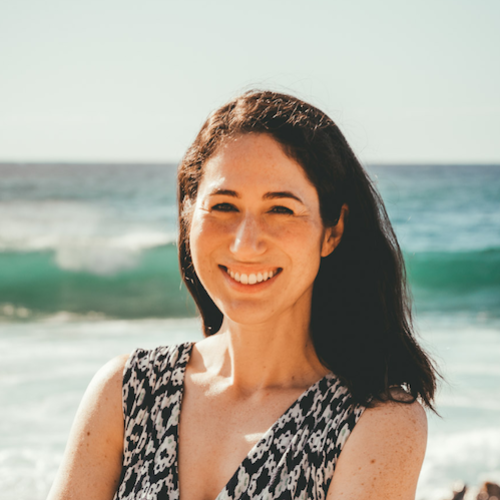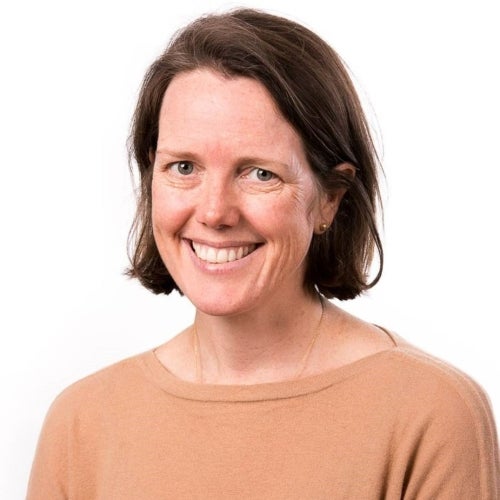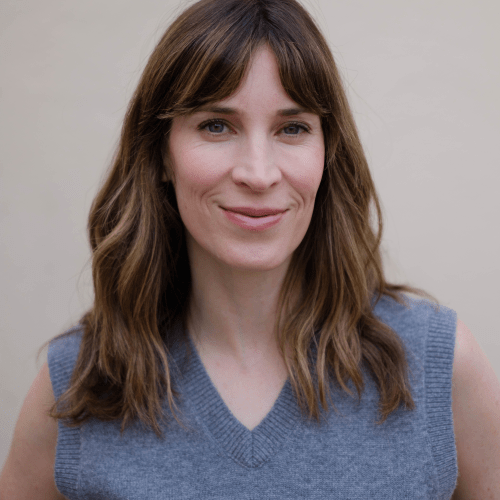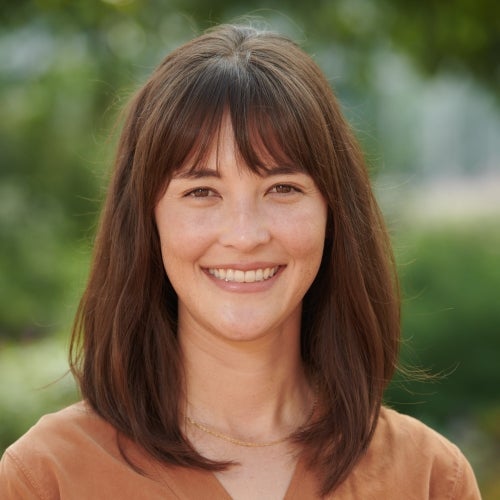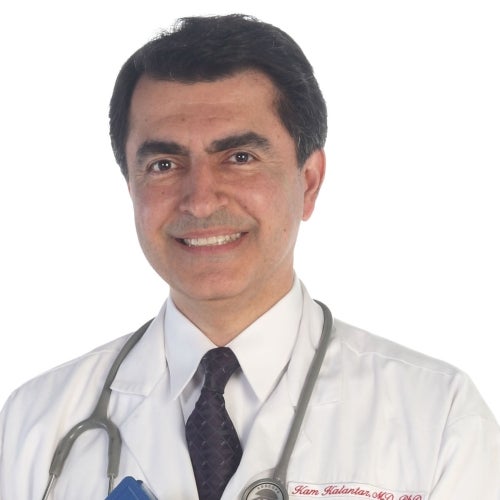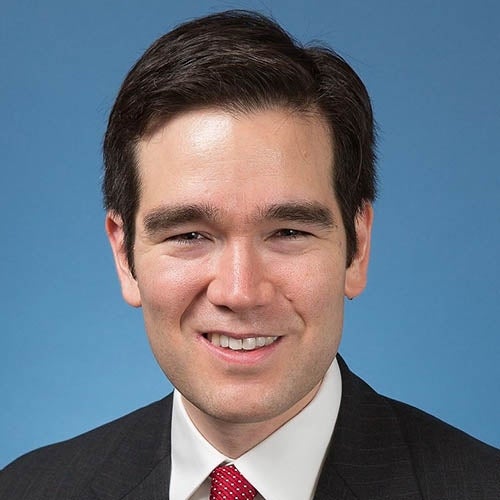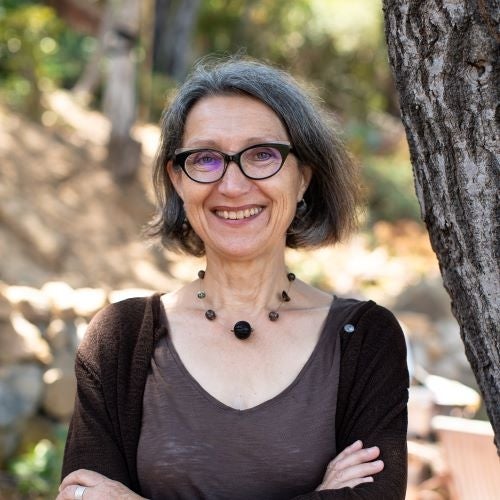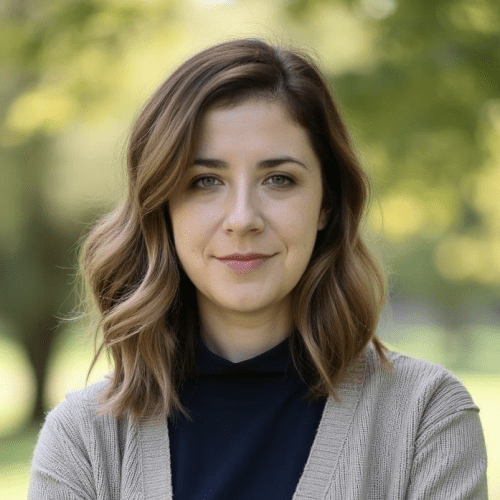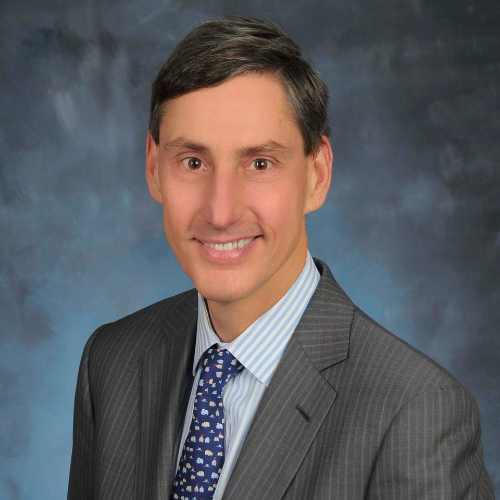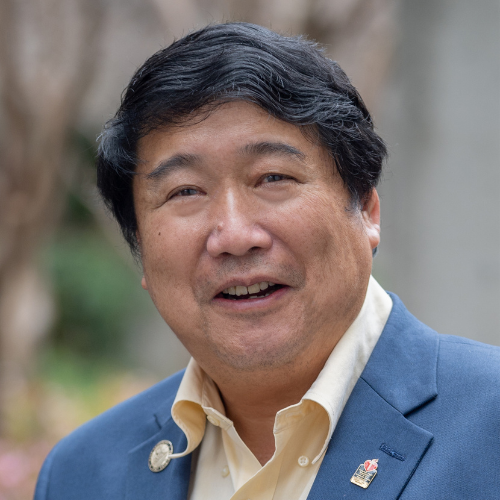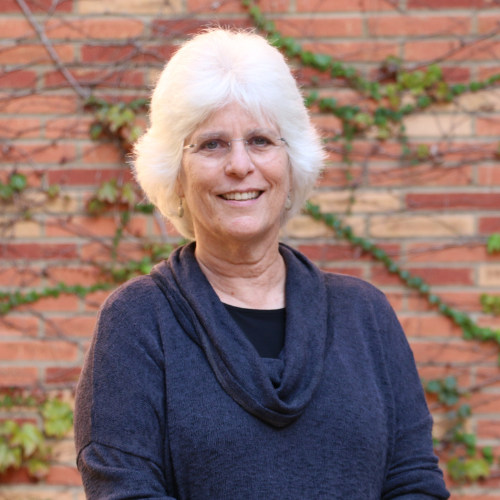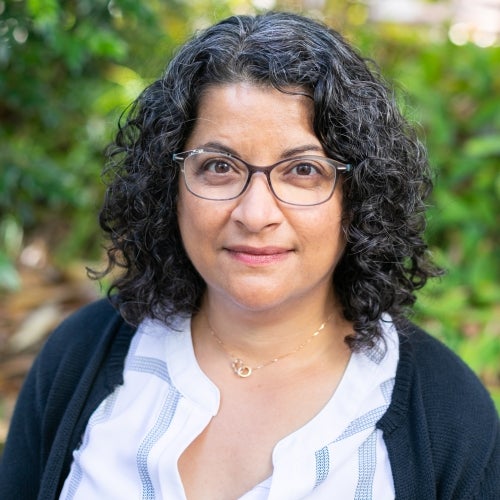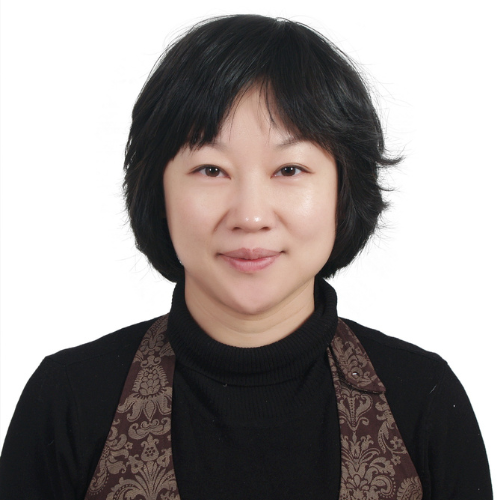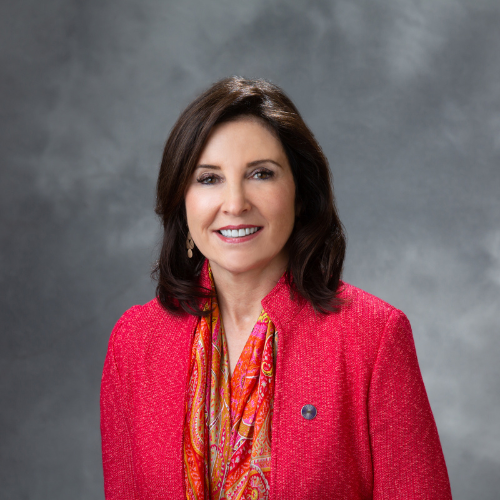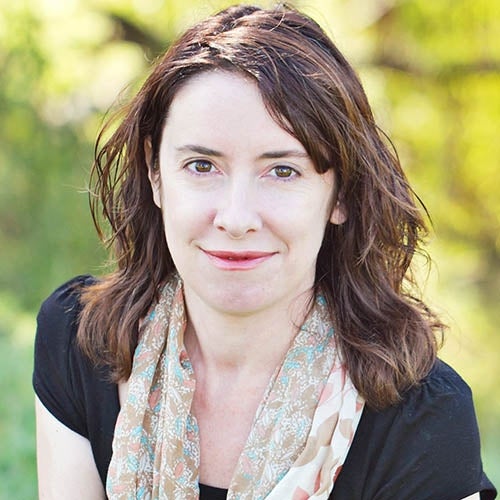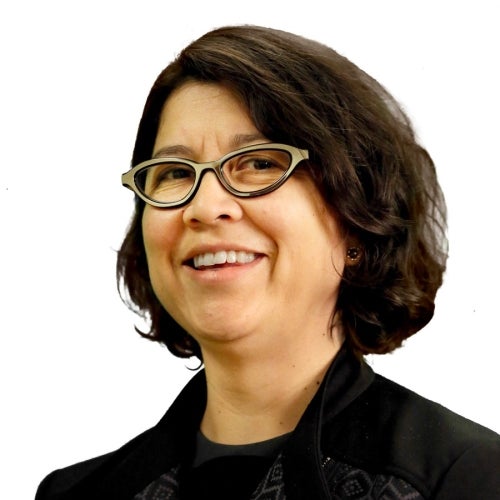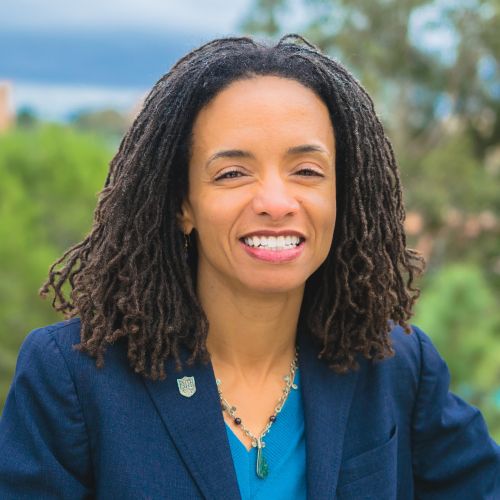Holiday gatherings during COVID-19: A Q&A with Dr. Anne Rimoin
For those gathering with colleagues, friends, and family this holiday season, Dr. Anne Rimoin, shares tips about how to minimize risk.
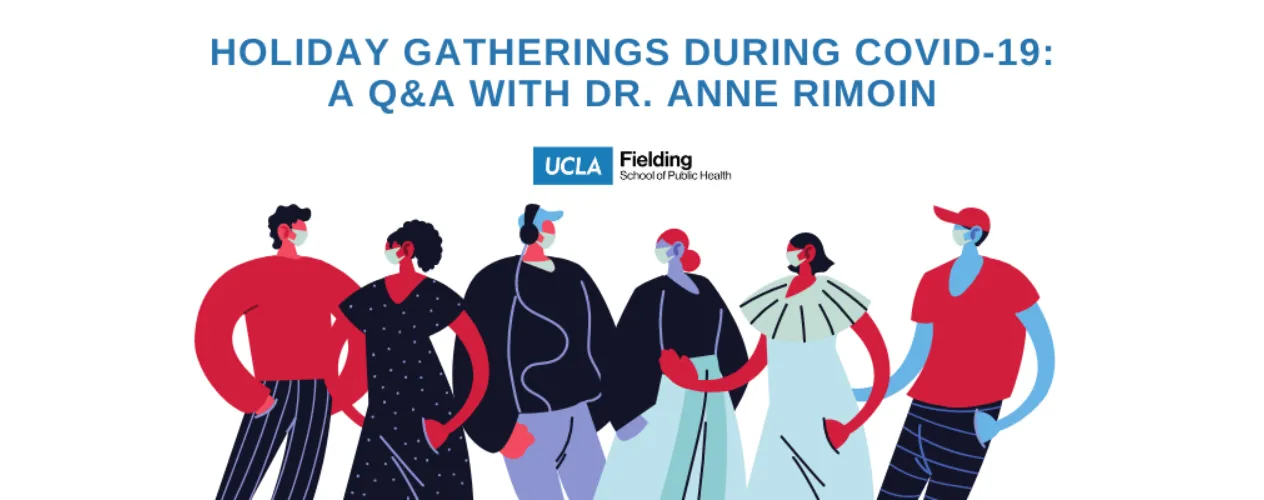
Q. Given the current state of the COVID-19 pandemic, what can individuals do to reduce risk when attending social gatherings during the holiday season?
A. The safest approach will be using layers of protection that includes vaccination, masks, testing and ventilation. The most effective risk-reduction measure is to limit gatherings to individuals who are fully vaccinated and boosted. Unvaccinated individuals are at significantly greater risk of infection, severe disease, hospitalization, and death. Emerging data is highlighting the importance of boosters to reduce probability of infection and transmission. Of course, you may not be able to ensure everyone is vaccinated at holiday gatherings, because some are not yet (or only recently) eligible, and others may have chosen not to get vaccinated. Consider the ratio of fully vaccinated and boosted vs. unvaccinated and add layers of protection accordingly.
Q. If a friend or loved one is particularly vulnerable, what preventive steps can be taken?
A. Take extra precautions for immunocompromised or elderly guests. They may not be able to mount the same immune response providing protection the way that those of us with heathy immune systems can - so do what you can to keep these people in the safest environment possible. Concretely, you can keep gatherings small and require testing right before the event — regardless of vaccination status.
Q. What can the host of a social gathering do to prevent the spread of COVID-19?
A. Good ventilation can help. Outdoor events are better than indoor events. Open windows and doors if possible to increase airflow, if you are in a warm region, and dine outdoors or keep as many activities as you can outdoors. Also, spread out; you might consider having multiple tables, keeping households together when planning seating, and providing safer environments for the older or immunocompromised people who might be at greater risk.
Q. What specific steps can guests take to get tested before attending an event?
A. Testing can provide an important additional layer of protection by reducing the probability of someone actively infectious attending the event. PCR tests are most accurate, but can take 24-48 hours to return results, so rapid testing is likely to be more practical. Rapid testing is less sensitive, in particular if you are not symptomatic, but will be a reasonably good indicator as to whether you are infectious at the time the test is taken. Ideally, testing should occur right before entering the gathering because the test is a snapshot in time. Also recognize that these tests are imperfect but can provide an additional layer of protection.
Q. Feeling unwell before or during a gathering – what is the guest’s responsibility?
A. If you feel unwell — even minor symptoms — excuse yourself from the gathering, stay home and get tested. It’s true that there are many respiratory viruses circulating right now and if you have symptoms, it might not be COVID-19. However, even if you think you just have a cold, remember that even in vaccinated individuals COVID-19 may occur without symptoms or with very mild symptoms – and you can still spread the virus. Better to be safe rather than sorry and be thoughtful of others and how they may feel if exposed.
Dr. Anne Rimoin is a professor of epidemiology and the Gordon-Levin Endowed Chair in Infectious Diseases and Public Health at the UCLA Fielding School of Public Health, and a professor in the Infectious Disease Division of the David Geffen School of Medicine at UCLA. Rimoin is also director of the UCLA Fielding School’s Center for Global and Immigrant Health and an internationally recognized expert on emerging infections, global health, surveillance systems, and vaccination. Her pioneering work has focused on the emergence of infectious disease in populations living at the intersection of animal-human contact primarily in the Democratic Republic of Congo (DRC), including fundamental understandings of the long-term consequences of Ebola virus. Along with Rimoin’s ongoing work on emerging diseases in Africa, she is currently working on several collaborative studies of COVID-19 epidemiology and vaccine acceptance, both locally and globally.
Faculty Referenced by this Article

Dr. Anne Rimoin is a Professor of Epidemiology and holds the Gordon–Levin Endowed Chair in Infectious Diseases and Public Health.
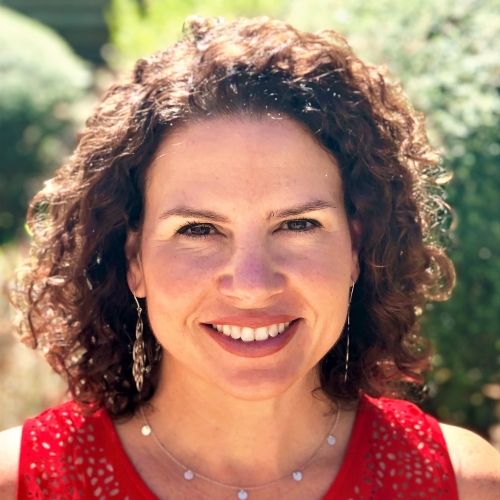
Dr. Joseph Davey is an infectious disease epidemiologist with over 20 years' experience leading research on HIV/STI services for women and children.

Robert J. Kim-Farley, MD, MPH, is a Professor-in-Residence with joint appointments in the Departments of Epidemiology and Community Health Sciences




